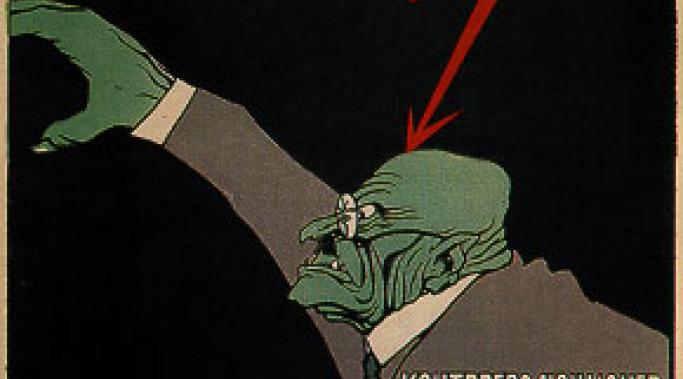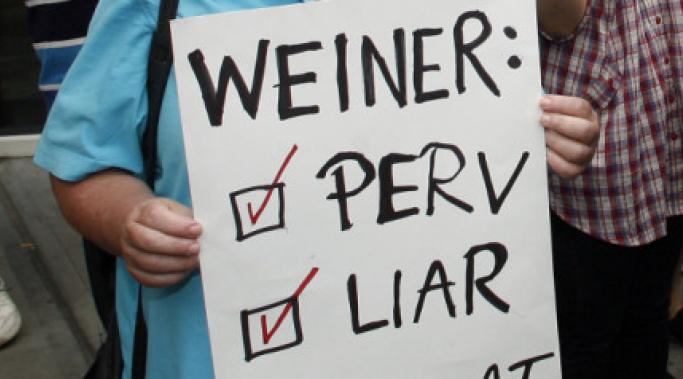Blogs
Tops in the NY Times this week are reactions to last week's story about Deshawn James Chappell, a man with schizophrenia accused of killing one of his caregivers in Massachusetts. There are those (like our family this week, with Ben back in the hospital after six years of success) who experience first-hand how a cutback in services (to save a penny in the budget) can result in a much-more-costly hospital stay, and the necessity to repeat recovery steps that had worked before. This doesn't even address the human cost. Still, how much worse when the outcome is a horrifying tragedy like the one in reported in the Times; one that many agree could, and should, have been prevented by proper care.
Among the points made in the reactions:
From a letter signed by John Olham, President of the American Psychiatric Association :
"only a very small percentage of people who live with schizophrenia ever become violent, and then it is usually when the treatment system fails them and they discontinue their medications. "
Marilyn and Edwin Andrews of Massachusetts wrote:
"When politicians try to balance serious budget problems on the most vulnerable among us, we all pay the consequences. The mentally ill may not have the influence of the wealthy or the cachet of popular programs, but they most certainly need comprehensive, decent care. "
Solutions? Better care, managed well, can prevent so much relapse.
Depersonalization is a way of experiencing the self. It's a form of dissociation that manifests in a variety of ways that all boil down to a sense of detachment or separateness from one's self. And though depersonalization is a chronic part of living with Dissociative Identity Disorder, it isn't something only those of us with DID experience. For most people, episodes of depersonalization are transient, infrequent, and typically occur during periods of high stress.
Psychiatric treatment is a relationship between you, your mental illness, your drugs, and your doctor(s). That relationship is what matters most when it comes to ensuring medications treat actual mental health issues.
Taking the meds out of clinical practice and studying them in a lab is not only difficult but results in mixed outcomes. The kind we see reflected in the studies which the press pick up on.
Just this week I've read that the drugs don't work, that it's all a big fraud, and that the next Big Pharma pill will cure everything.
Psychiatry, like democracy, is the worst form of treatment except for all the others that have been tried
Eating disorders and loneliness. It is not something we speak or write about often. It is painful to think about being lonely. But I believe people with eating disorders are often very lonely. It is the nature of these illnesses. But it doesn't have to be this way. I would like to shine some light into these dark corners of loneliness, and perhaps help other people with eating disorders feel less alone.
Mental illness messes with the family dynamic, and the mentally ill child can become the odd man out. Recently, Bob came home after spending a week at his father's house. There were no ticker-tape parades or confetti. We usually try to keep his returns low-key because of his problems with transitions, but last night felt different, because I'm not sure any of us were too excited about his homecoming.
I recently wrote about the myth that you can be "too smart" to have bipolar disorder. I wrote about the prejudicial and false thought that if we were "smart enough" we wouldn't have bipolar. This, of course, isn't remotely true.
A couple of people requested more about bipolar disorder and intelligence.
But I'm sorry to say, the truth is, people with bipolar disorder are actually cognitively impaired compared to the average individual.
Merriam-Webster online dictionary defines wrecking as "to reduce to a ruinous state by or as if by violence".
The crime of Wrecking in the former Soviet Union is defined as deliberately giving wrong commands for the purpose of disrupting the normal operations of the state. When I heard the term on the radio today, I was struck by the similarity between wrecking and how an abuser seeks to disrupt his/her victim's "normal operations" and how disrupting normal operations evolves into reducing victims "to a ruinous state by or as if by violence".
When I first heard of Anthony Weiner seeking professional “help” I was ready to blow a cork. I am so done with hearing about politicians, celebrities, and professional athletes seeking treatment for what may very well be an excuse for bad behavior.
Chronic pain and illness create depression, and I live with all of them. I have shared with you before that depression has been with me for a long time now. My last major bout of depression was in 2006, but I, like so many others, still live with the less severe aspects of depression on an ongoing basis. I want to talk to you about my last experience with a major depressive episode because it is greatly linked to a co-morbid condition I have. I know others also relate to chronic pain and other illness creating depression.
The older Bob gets, the more he knocks me from my parenting pedestal with unexpected questions and requests. I thought he'd outdone himself with his recent query as to the purpose of testicles--but last week, he hit me with something that left me even more dumbfounded.
"Nathan wants me to come sleep over at his house next weekend. Can I?"








